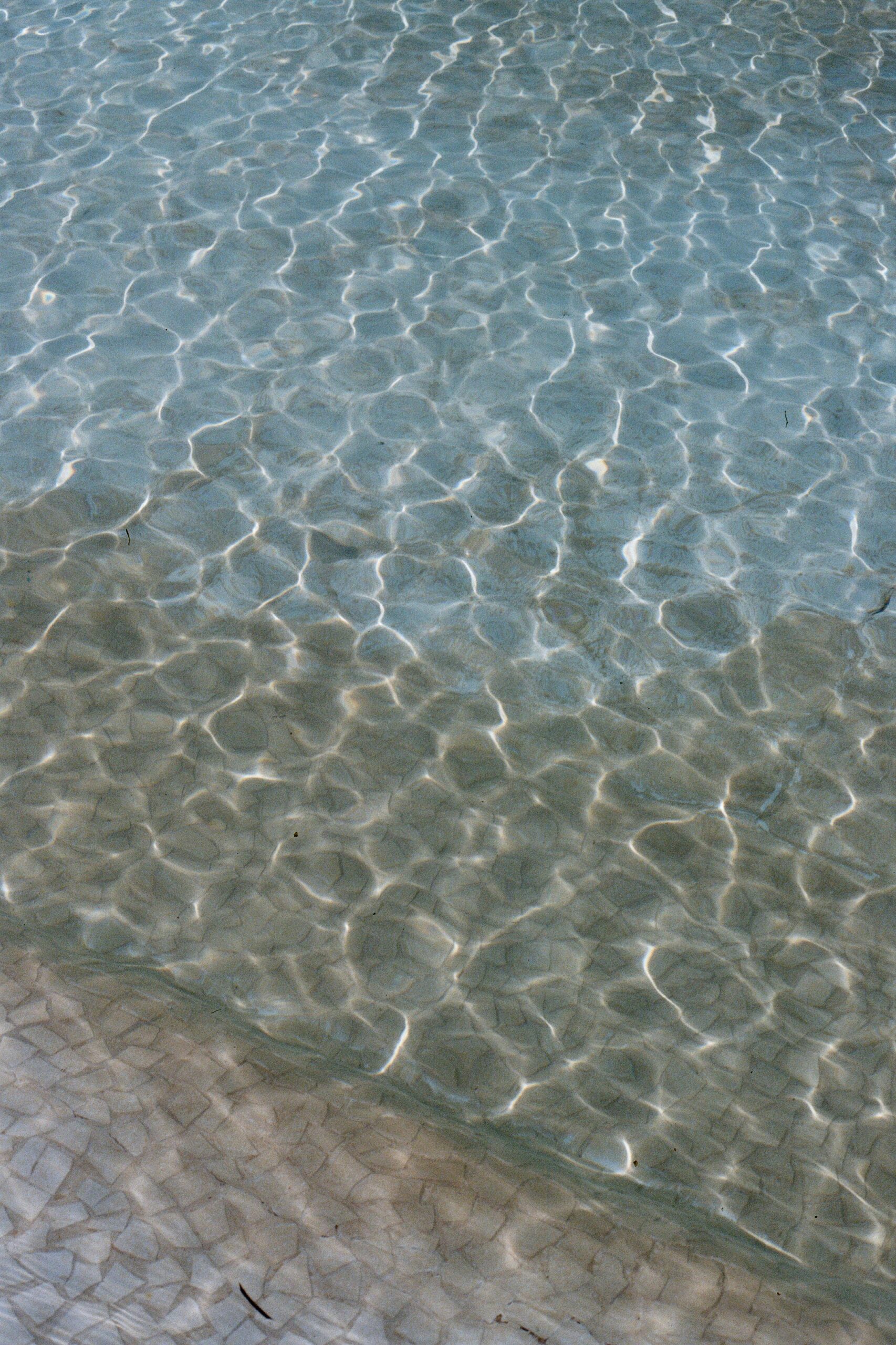How to Remove Pool Stains
Pools help create the perfect backyard oasis for those living in warmer climates. But even pool owners who take pride in their maintenance still have to deal with the occasional stains.
Of course, prevention is the best way to combat pool stains. Once they’re there, you’ll have to get out your detective hat before tackling them.
As you begin your investigation, you’ll need to consider several factors to determine the cause. Then, it’s a matter of using the right method to remove them and keep them away for swimming season.
Join us as we explore the murky world of pool stains and how best to remove them!
Different types of stains that appear in pools
Swimming pools are often exposed to the elements and are the perfect place for stains to form. You’d think that balanced pool chemicals would keep most stains away, but that’s rarely the case.
Different types of stains are caused by different foreign matter that causes stubborn discoloration.
Organic stains
Organic stains caused by leaves, berries, and other organic matter falling into your pool are some of the most common. The natural pigment leeches out into your pool when they fall into the water and sink.
Another common cause of organic pool stains is algae. When your pool balance is off, it can thrive in the crevices and bloom quickly. After shocking your pool to remove the bloom, stains may remain behind. Mustard algae won’t respond to chlorine, so you’ll have to use an algaecide to get rid of it for good.
Organic stains usually show up as greenish-brown or reddish-blue areas in your pool.
Metal stains
Water is the natural enemy of metals, even those coated and rated for use in pools. Exposed metal can rust and cause streaking and other stains in your pool. Sources of metal stains can include corroded copper plumbing, rusted pool ladders, and even metal items left behind by accident. Heavy metals can also dissolve in water and settle on the bottom of your pool.
Depending on the source, metal stains usually appear as purple, red, or green.
Mineral stains
Hard water in your pool can cause mineral deposits to form. Calcium and calcium carbonates form a whitish scale around the surface of your pool. If you have a white pool liner, you probably won’t notice it until it starts attracting oils and dirt. At that point, they’re hard to miss.
3 ways to remove pool stains
Once you’ve diagnosed the source of your stain, it’s time to tackle cleanup. Thankfully, there are plenty of methods that can help with the process. It can be a bit of trial and error since stain types look similar. But, once you find the proper method, cleaning should be a cinch.
Invest in a pool vacuum
A good pool vacuum can prevent many stains from forming by removing debris before it can cause damage. You can purchase an automatic pool vacuum that runs on a schedule to keep your pool looking pristine. Manual versions are better suited for spot-cleaning trouble areas.
Both use suction from your pool pump to remove small and large debris from the bottom. Pool vacuums are a worthwhile investment depending on where you live and what type of plant matter you deal with.
Look into DIY solutions to remove stains
DIY solutions for stain solutions are the most cost-effective, assuming they work.
Treating stains with chlorine tablets works as long as the stains are organic. Test the stain first by leaving a tablet directly on the surface for ten to fifteen minutes. Then, using a chlorine tablet holder, scrub the area until the stain begins to fade.
Metal stains respond well to crushed ascorbic acid (vitamin C). Applied directly to the stain, they do the trick with some scrubbing.
Mineral stains are easily removed with a stiff scrubbing brush and a mixture of equal parts vinegar and water.
See if you can get technical help
If you can’t seem to remove your pool stains, or they keep coming back despite your best efforts, you might need help. You could have a fault in your pump system that makes it impossible to combat pesky stains. Calling a professional might be your best option since they have all the tools necessary to diagnose and fix your issue.
How to prevent future stains in your pool
When you’ve spent the time and resources to clean stains out of your pool, the last thing you want is to have to go back and do it again! Preventing future stains is easy with the right approach.
Implement a pool cleaning schedule
Regular cleaning is one of the best ways to prevent stains from reappearing in your pool. Experts recommend weekly cleaning to keep future issues away. Spending this much time on your pool might seem like a lot, but it’s the most consistent way to spot and treat problems as they arise.
Keep up with your pool’s water chemistry
Maintaining the right balance of chemicals in your pool keeps most stains from settling into the surface. Test the water using a pH testing kit and maintain optimal levels. The ideal pH for a pool is between 7 and 7.6.
Exposure to the sun and rain can concentrate or dilute the amount of chlorine in your pool. Regular testing allows you to keep things right where they need to be!
Ask for professional advice on preventing pool stains
If you’re new to pool ownership or have stains that keep returning, talk to a professional. You might need more than chlorine and vinegar to reclaim control, and they can help. With years of experience, they’re often a better source than your favorite internet message boards.
GPS Pools is here to help you prevent stains in your pool!
If your pool has a case of the stains, GPS Pools is here! Our team has decades of experience working with chlorine and saltwater pools and can help you reclaim your space. Once we’ve treated the stains, our crew can help you find the best solution to keeping stains away for good.
Book your free consultation on our website today!

